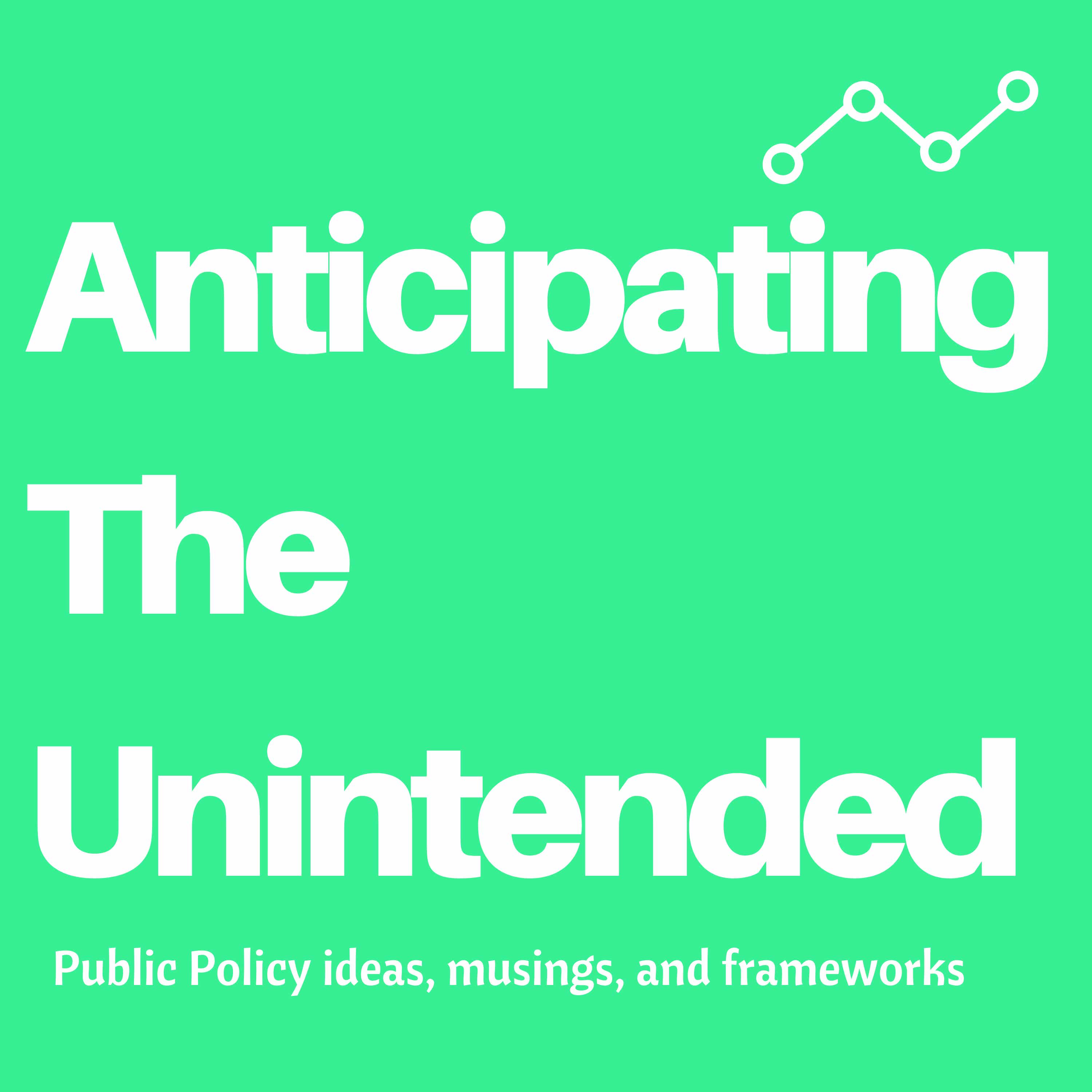#187 Seek Not To Alter Me
Description
Programming Note: We will be on a short ‘writing’ break. Normal service will resume from Oct 29.
Global Policy Watch: When Traditional Institutions Work
Insights on topical policy issues in India
— RSJ
King Charles III was coronated last week. I saw the pictures of the event, and if you did not know the history of the British monarchy, the whole thing looked like a Monty Python sketch on a Nolan-esque budget. The King wore a costume that might have appeared outdated even in the 12th century when the Westminster Hall was built. The political class in their finery bowed, the aristocracy in splendid robes kept a stiff upper lip, the media continually upped the circus quotient for public consumption, and the Yeomen of the Guard marched in precise steps while some grand music (Handel?) played on. It was all pomp and circumstance (Elgar would have approved).I watched this with mild bemusement. I mean, here’s King Charles III, a man who is reputed to speak to his plants, iron his shoelaces, show strange interest in red squirrels and, who often, rails against scientific revolution and the modern economy. What a strange man to ascend the throne of a nation vastly different from him. He must have found the quaintness of the pageantry to his taste. On the other hand, I’m sure he would have some time during the ceremony contemplated the history of the other Charles (Charlies?), who might have ascended the throne with similar accompanying pageantry.
Charles I was beheaded for treason by the parliament led by Oliver Cromwell at Whitehall, not too far away from where Charles III was seated. The second King Charles led a charmed life with childhood exile, a triumphant return to the restoration of monarchy, and finally, a long suspension of parliament in the last years of his rule marking his legacy.
Uneasy may not lie the head that wears the crown these days (there’s really no day job here), but Charles III cannot be too careful about the institution that he represents. The institution is in a perilous state, and he’s seen by many as an oddity unfit for the role. The commonwealth states don’t have any time for the monarchy. The link to the colonial past is no longer about nostalgia. That’s been erased and replaced with an indifference bordering on disdain for monarchy and its role during the excesses of colonialism. Among the young in Britain, the support for the monarchy is on the wane. Only 33 per cent in the age group of 18-24 support monarchy today compared to the 59 per cent who did a decade back. Some feel with the passing of Queen Elizabeth II, the institution of the monarchy will struggle to remain relevant or to serve its vital role of being the ceremonial head of the state. An elected president could do it better. I mean, what’s the point of monarchy barring providing grist to the paparazzi mill, occasional photo shoots with visiting heads of state and announcing a few royal honours every year? Why spend enormous money and effort propping up an archaic and undemocratic institution? Why have a democratic constitution and then have a hereditary basis for choosing the head of the state? Isn’t that a traditional and conservative imposition on the people?I have more than one reason to support such traditionalism in a democratic polity.Firstly, people need symbols and customs that represent continuity with their past. This assurance that you are part of an unbroken chain that holds all that’s good and great about your culture gives meaning to many people's lives. That it extends beyond the personal (faith and family) to the political in how you organise your community and run your nation makes it both an anchor to hold a society steady and an escape valve that lets off any built-up steam of anger. Old institutions build up their influence over the ages. This is how they become easier to follow at any given time. This is a vital capability to preserve in any democracy.Writing in the mid-1860s, Walter Bageho
More Episodes
Prediction Time
—RSJ
In a year when countries as diverse as India, the United States, the United Kingdom, Russia, Taiwan, Pakistan and Palau go for their elections, it is tempting to go for an overarching theme for the year while looking ahead. Unfortunately, like these aforementioned elections...
Published 01/14/24
Published 01/14/24
Happy New Year
— RSJ
Happy 2024, dear readers!
We hope 2023 was good for all of you. If it wasn’t, we are glad that it’s behind you. We didn’t have too bad a 2023 ourselves. This newsletter went along swimmingly (or so we think) and we had our book ‘Missing in Action: Why You Should Care About...
Published 01/07/24


